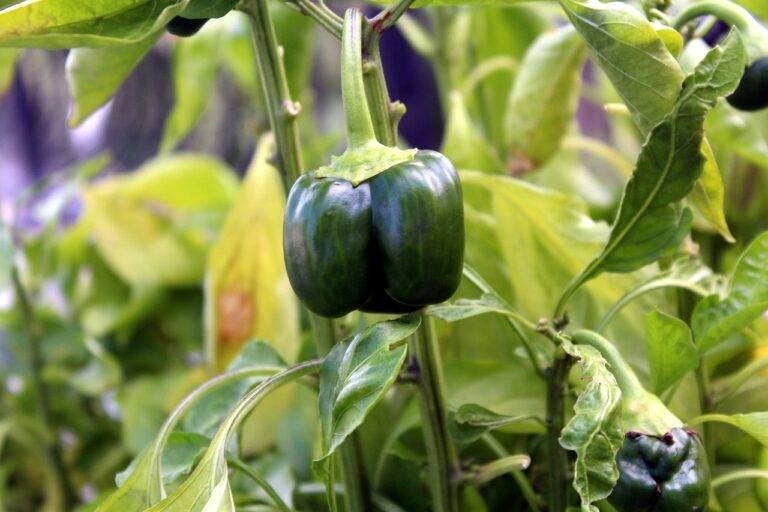The Health Benefits of Organic and Non-GMO Foods
Organic foods are grown without the use of synthetic pesticides, herbicides, or fertilizers. This means that they are free from harmful chemicals that can have adverse effects on the environment and our health. By choosing organic foods, consumers can reduce their exposure to potentially harmful substances and support sustainable farming practices that help preserve the soil and water for future generations.
Additionally, organic foods are often richer in nutrients compared to their conventionally grown counterparts. Studies have shown that organic fruits and vegetables contain higher levels of vitamins, minerals, and antioxidants, which are essential for maintaining good health. By incorporating more organic foods into their diet, individuals can boost their nutrient intake and support their overall well-being.
Difference Between Organic and Non-GMO Foods
Organic foods are grown without the use of synthetic pesticides, chemical fertilizers, or genetically modified organisms (GMOs). Instead, organic farming practices prioritize soil health, biodiversity, and ecological balance. Non-GMO foods, on the other hand, refer to products that do not contain genetically modified ingredients.
While organic foods may or may not be non-GMO, non-GMO foods specifically focus on the absence of genetically modified organisms. This means that non-GMO foods can be produced using conventional farming methods that might include synthetic chemicals and pesticides, unlike organic foods that adhere to a broader set of criteria for cultivation and production.
What are the benefits of consuming organic foods?
Consuming organic foods can reduce exposure to pesticides, support environmentally friendly farming practices, provide higher nutrient levels, and promote animal welfare.
What is the difference between organic and non-GMO foods?
Organic foods are grown without synthetic pesticides, fertilizers, or genetically modified organisms (GMOs), while non-GMO foods may still contain pesticides and fertilizers but do not contain GMOs.
Are all organic foods non-GMO?
Not necessarily. While organic foods do not contain GMOs, non-GMO foods may still contain pesticides and other synthetic substances.
Can non-GMO foods be considered organic?
Non-GMO foods can be considered organic if they are also grown without synthetic pesticides and fertilizers, following organic farming practices.
Are organic foods always healthier than non-GMO foods?
While organic foods may have higher nutrient levels due to their farming practices, non-GMO foods can still be healthy choices if they are produced using sustainable and environmentally friendly methods.







